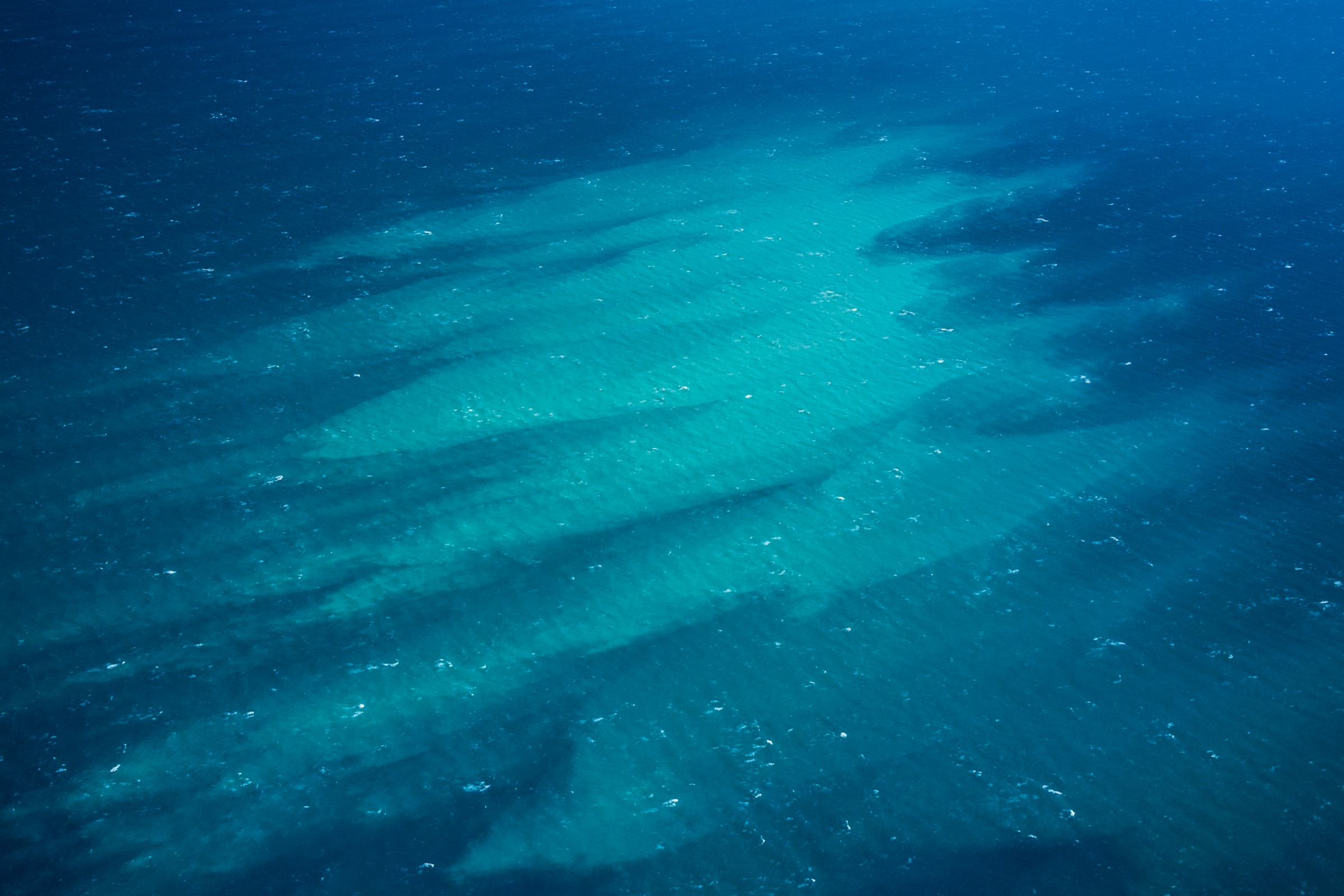We’re losing our fight to control climate change, which has led a lot of scientists to look for new ways to combat the consistently rising global temperatures. While we’ve come up with a few different solutions to try, many come with additional problems. Now researchers have discovered that one of the most widely discussed solutions, marine carbon dioxide removal (mCDR), could actually make things much worse by lowering the ocean’s oxygen levels.
The idea behind mCDR is to try to make our oceans more effective at storing carbon dioxide. Currently, our oceans are the planet’s largest carbon sink, estimated to hold around a quarter of human-made CO2 emissions. As such, many believe the ocean could be key to turning the tide in our fight against human-driven climate change. But there’s a major problem.
Our oceans are already suffering due to the ongoing changes in our planet’s environment. For one, the oxygen levels in the ocean are dropping significantly. Additionally, a large percentage of the ocean is losing access to sunlight, driving lower oxygen levels throughout. As the oceans grow warmer, scientists warn that the deeper parts of our oceans will become much less efficient at circulating oxygen.

This will affect marine ecosystems across the world, driving lower oxygen levels and less marine diversity. While we have ideas to slow this warming, what if those plans would actually make things worse? That’s the question behind new research published in Environmental Research Letters. The team of researchers behind the study looked at several different mCDR methods, and found that many of them could actually make things worse.
We’ve come up with a number of different ways to slow warming in the oceans. While this might stop sea levels from rising, most would involve some kind of biomass production, which would lead to sinking biomasses in the ocean. This, the researchers warn, would have unintended impacts on the ocean’s oxygen levels.
One method is to essentially fertilize the ocean by adding nutrients like iron to help stimulate phytoplankton like the ones seen in the image above. These blooms can then soak up more carbon dioxide. While these plants would sink and carry the carbon to the bottom of the ocean, they’d eventually consume oxygen as they decayed. Using simulations, the researchers looked at how 100 years of continuous fertilization would affect the ocean’s oxygen levels.
They found that over 100 years, the ocean would lose around three percent of its oxygen capacity across the globe. That’s more than double the loss being caused by global warming alone. Further, they found that some areas beneath the fertilized zones could actually drop by over 50 micromoles, changes that would even exceed the deoxygenation of the ocean seen under high-emission climate scenarios.
This new research just shows that while we might have good ideas about how to help the climate, not all of those are going to help the ocean. Our goal, as humans trying to help our planet, should be to find the best way to do that without hurting it more. And so far, it looks like most methods of mCDR would hurt more than help in the long run. Time to go back to the drawing board, I guess.
The post Removing CO2 from the ocean could have a negative impact, scientists warn appeared first on BGR.




